Beijing has accused the Netherlands of “interfering” in the operations of Chinese-owned chipmaker Nexperia, blaming Amsterdam for deepening a supply chain crisis that’s hit Europe’s car industry and forced some manufacturers to furlough staff.
Nexperia, a Netherlands-based company owned by China’s Wingtech, makes billions of low-end but essential chips for cars and everyday electronics. Its supply lines have been snarled since late September, when the Dutch government seized control of the company, citing national security concerns over plans to shift production to China.
China fired back Tuesday through its commerce ministry, saying the Dutch side “persists in its unilateral course without taking concrete actions to resolve the issue, which will inevitably deepen the adverse impact on the global semiconductor supply chain.”
The move marks another flashpoint in the escalating technology tug-of-war between Europe and Beijing. The Dutch government says the takeover was necessary to safeguard economic security, while China argues it’s an act of industrial protectionism that’s hurting global markets.
The standoff has left European automakers scrambling for chips. Companies like Stellantis, which owns Jeep and Fiat, have been forced to seek alternative suppliers or apply for Chinese export exemptions, paid in yuan.
“Today our system means we have zero autonomy as an industry,” Stellantis CEO Antonio Filosa said in Paris. “Look at the Nexperia chip crisis. Look at the April rare earth crisis that we went through very painfully.”
Beijing’s latest remarks contradict signals from Brussels and The Hague that talks were moving in a positive direction. Dutch officials said negotiations with Chinese authorities were ongoing, adding they were working toward “a constructive solution that is good for Nexperia and our economies.”
The European Commission, meanwhile, said partial chip shipments had resumed after Beijing allowed some exemptions, easing the immediate crunch.
Nexperia itself has urged all sides to “de-escalate as soon as possible.” Mercedes-Benz CEO Ola Kaellenius sounded a similar note, saying:
“We will see what the American-Chinese agreement leads to. We are watching that carefully.”
For now, Europe’s auto sector is holding its breath, caught in yet another supply chain standoff that’s less about cars and more about control over the technologies powering them.
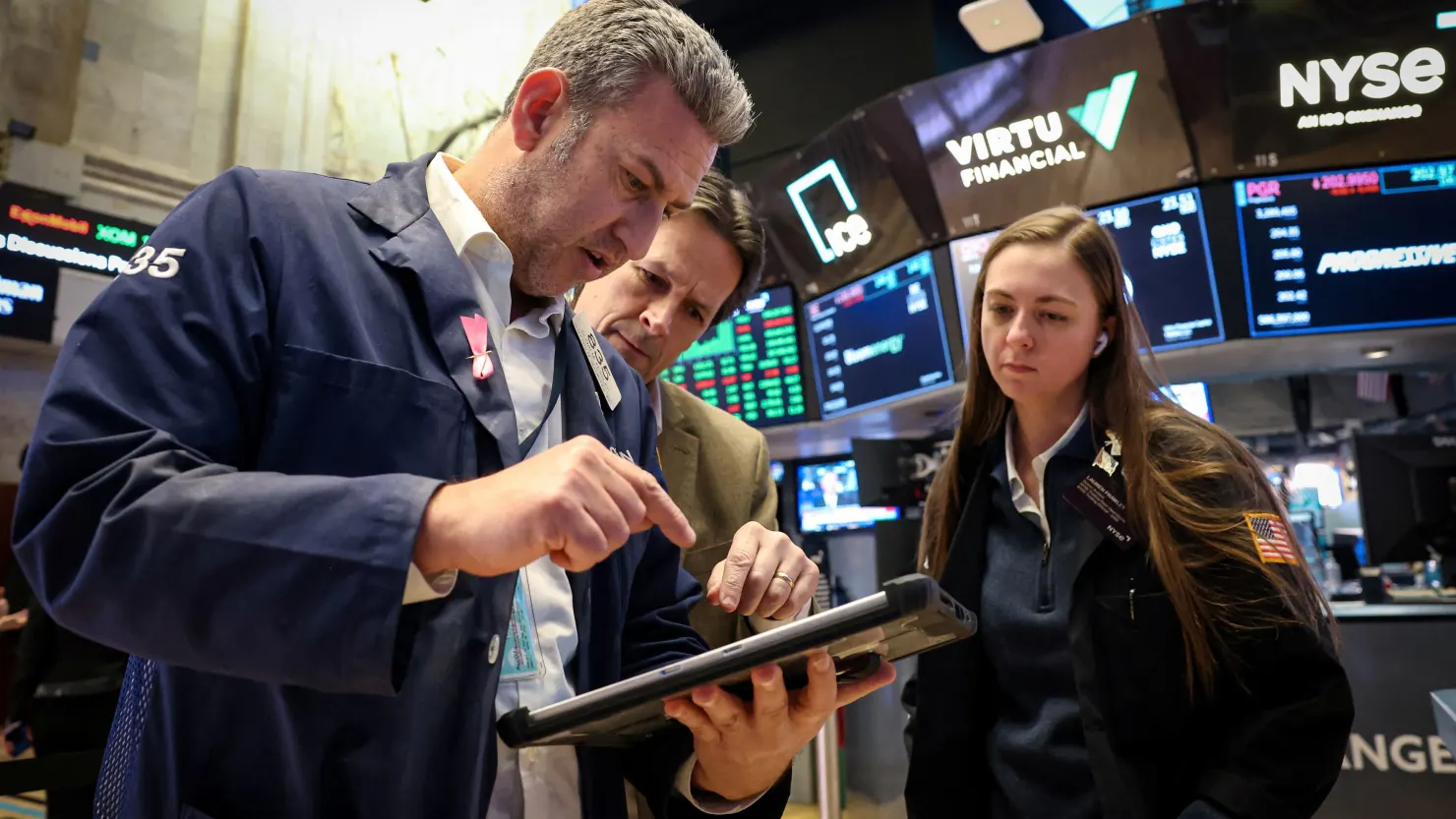
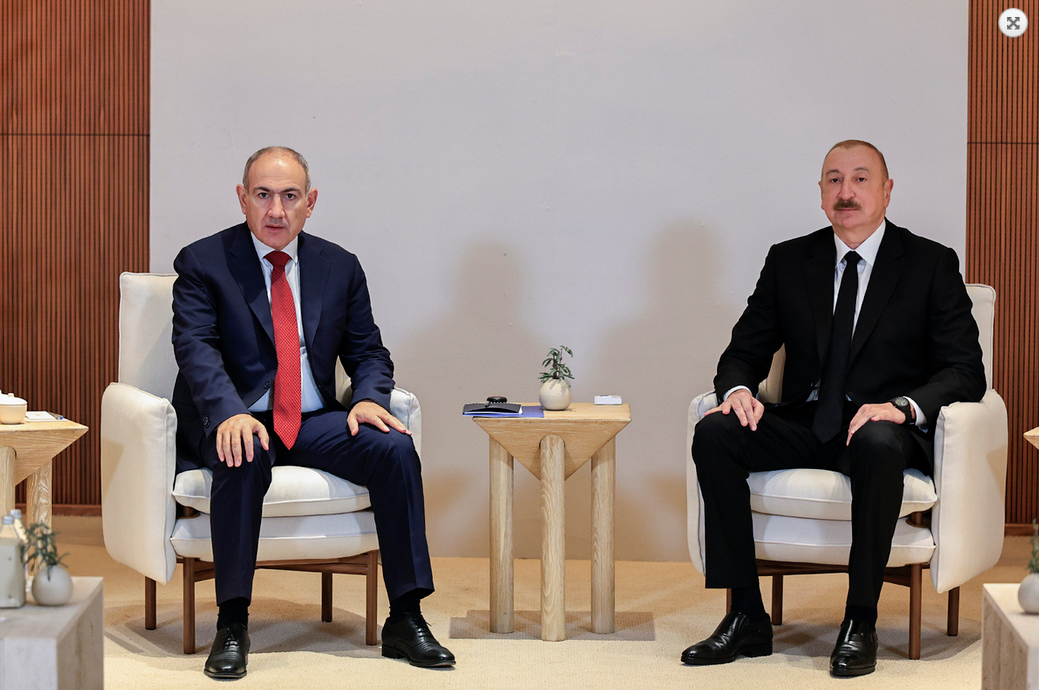
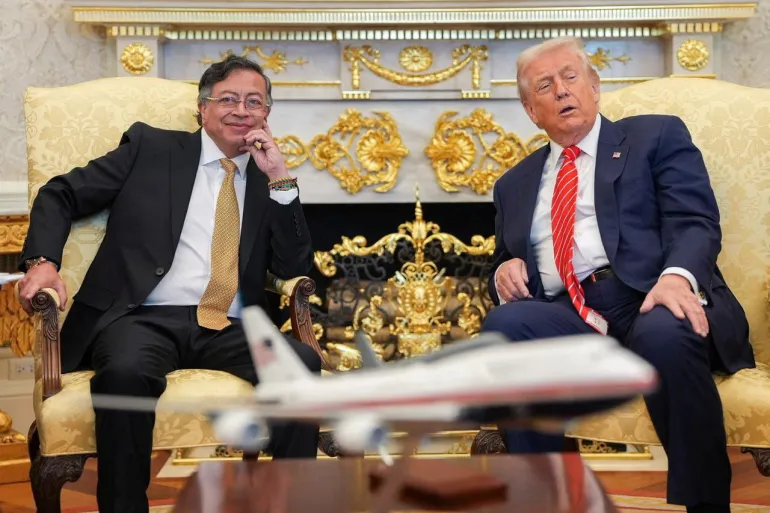
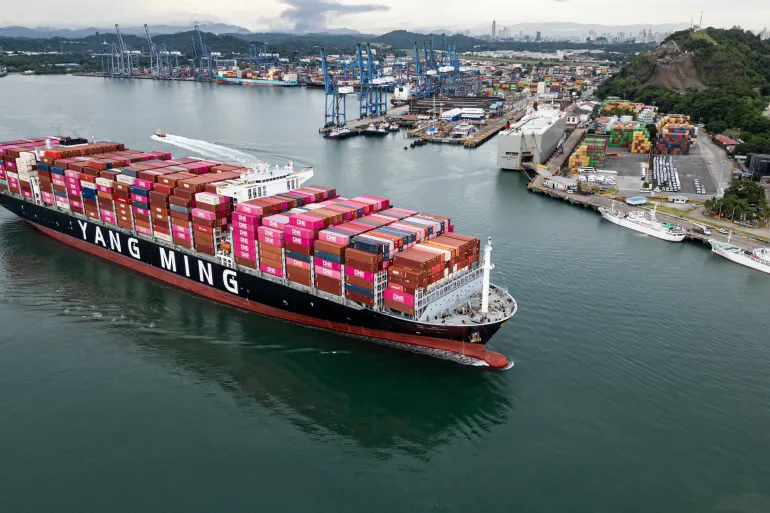

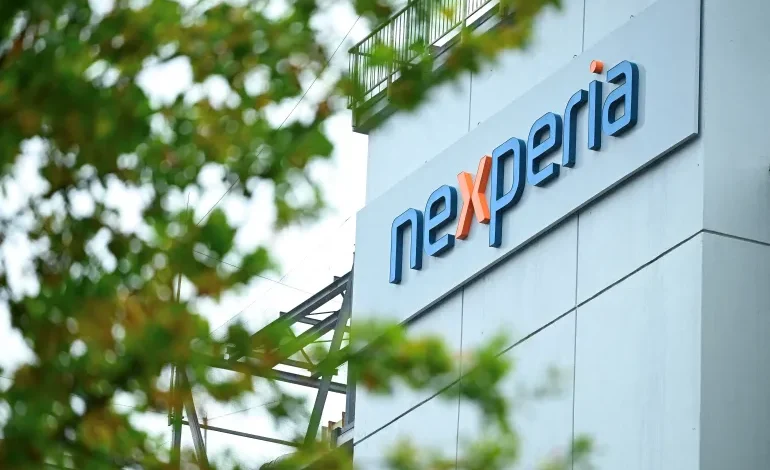




The latest news in your social feeds
Subscribe to our social media platforms to stay tuned